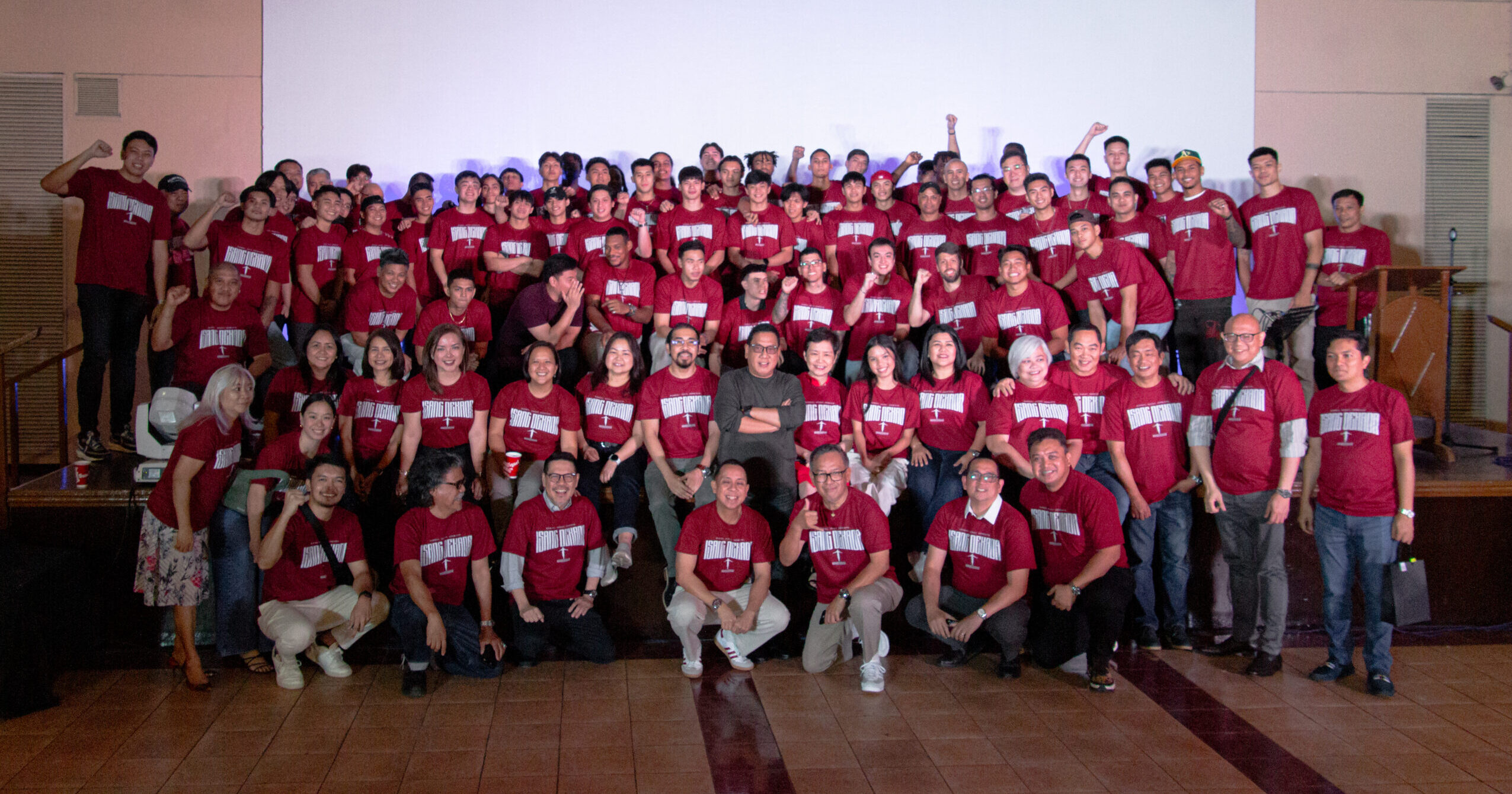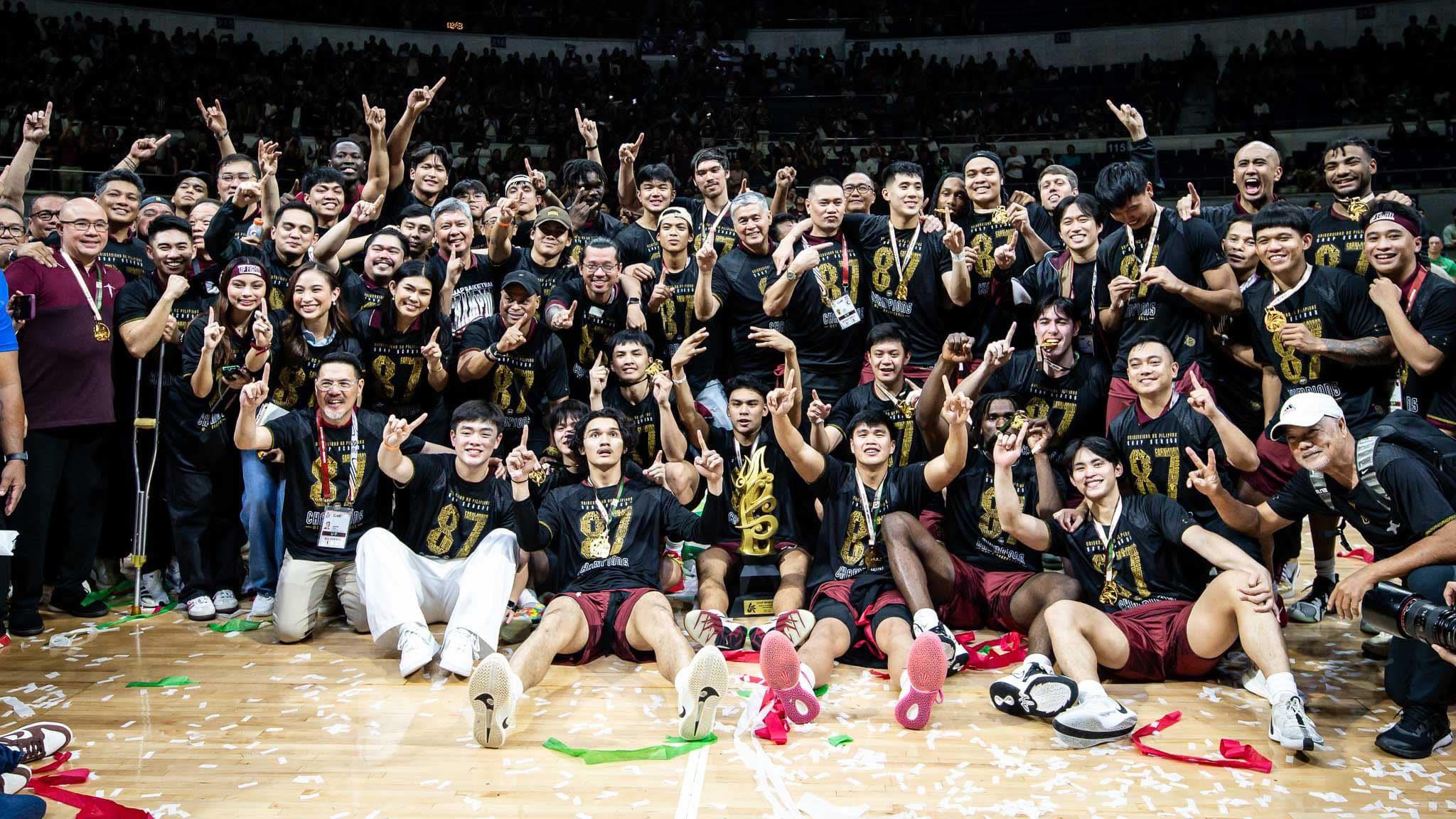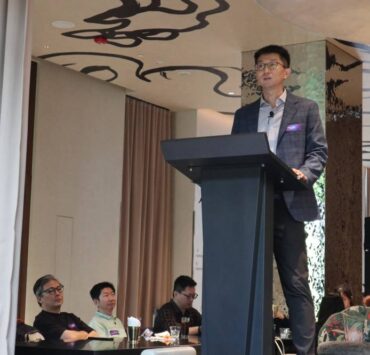UAAP 2024: Reigniting the UP revolution

The University of the Philippines (UP) celebrated the sensational victory of the UP Fighting Maroons over the Green Archers of De La Salle University (DLSU) in men’s basketball with a championship bonfire on Monday.
The victory celebration at the UP Sunken Garden also honored two other UP champion teams in the current University Athletic Association of the Philippines (UAAP) Season 87, the Women’s Badminton and Men’s Track and Field.
This marks the Maroons fourth championship win in basketball, and their second in the past four seasons of the UAAP, which was established in 1938. Two years ago, the Maroons ended 36 years of being a cellar-dweller and took the title from the long-reigning Ateneo Blue Eagles.
What brought about UP’s redemption since its basketball debacle in the previous two seasons?
Dolreich “Bo” Perasol, the director of the UP Office for Athletics and Sports Development, summed it up: “What we had this season was a better picture of how to win. The little details made the difference—the extra pass of Harold Alarcon to Francis Lopez, the extra possession because of an offensive rebound, making free throws, etc. The last two heartbreaking seasons were more of hoping to win all the way through our talent and our systems. These brought us in a position to win it all. These weren’t enough until we understood the importance of the little details.”
Setting aside school pride, do these championships mean anything to anyone not connected to UP?
Like a fairy tale
UP’s journey in the UAAP is unique because it is the only public school among the eight universities that make up the athletic association. As a state university, UP is publicly funded, with the majority of its students coming from poorer socioeconomic backgrounds.
The recent emergence of UP’s varsity teams from obscurity is almost like a fairy tale that most UP students—and poor Filipino families—can relate to. If we look closely enough, a particular demographic of Philippine society that made it to UP usually enters public service after graduation.
In all levels of government and the private sector, including the media, these Iskolar ng Bayan passionately work with subpar salaries to give back to the country, which continues to struggle with its national identity and place within the community of nations 126 years after shaking off the yoke of colonialism.
The Maroons’ victory in the UAAP is a revolution of sorts as they were not expected to win due to the erstwhile poor condition of UP’s sports equipment, lackluster program, and inadequate funding. Their struggles as students or athletes in coping with limited educational resources mirror the plight of the Filipino nation.
It takes a village to win a championship, UP alumnus Renan Dalisay told this columnist, stressing that “it’s the UP community that really triggered the (movement) and let it spread like wildfire because we gave it a narrative.”
The seeds of this revolution were sown a decade ago, when a small group of UP dreamers like Dalisay started a movement of volunteerism that literally fed and clothed UP varsity athletes who, he said, had been going into practice on empty stomachs.

Band of dreamers
In 2014, Dalisay was joined by an initial batch of fellow dreamers led by Taipan Millan, Agaton Uvero, Rollie Fabi, Miej De Dios, Cristina Millan, and Rina Tan, in starting the Nowhere to Go but UP (NTGBUP) Foundation. In 2016, a total of 32 UP alumni launched the foundation whose overarching goal was to build alumni support to reverse UP’s downward spiral in the UAAP rankings.
The result was swift. According to Jed Eva III, another founding member, the Maroons won in 2014 after a 27-game losing streak. The one win of the year caused an uproar in the shell-shocked UP community, leading thousands to the Sunken Garden for the first bonfire, which will later be associated with the rags-to-greatness journey of UP athletes.
“A single match can indeed light up a big bonfire,” said Dalisay, addressing a euphoric crowd, during the first bonfire. “NTGBUP volunteers are the roots from which this beautiful tree has sprouted.”
But this was an understatement. The Maroons were mostly from poorer backgrounds. However, the overwhelming support of alumni like Robina Gokongwei Pe and Azkal’s manager Dan Palami since 2014 has placed them in a position to compete on equal footing with their counterparts in richer neighborhoods.
“And just like that, we were reminded of what it means to be part of something bigger than ourselves. UP Naming Mahal is a promise to keep fighting, keep rising, and keep living up to the ideals of UP. We don’t just celebrate victories but how we carry forward the spirit of excellence, resilience, and service that brought us here,” said Pe in a Facebook post last Wednesday, after hosting a thanksgiving dinner with the newly-minted champs and their coaching staff.

‘No longer just about basketball’
“Amidst the euphoria of that first win, the end of the losing streak, that night of hope, of faith, of light, of fire, and dreams coming true … we encountered another realization: this is no longer just about basketball,” Taipan Millan said in a Facebook post on Aug. 15, 2014. “This is not even just about the university; this is already about people, about country, about the struggle to overcome seemingly insurmountable odds, about being triumphant in the smallest of victories, about making dreams come true after being told that dreams are such a waste of very precious time.”
And in a summative phrase that will not be forgotten, Millan said: “We decided to make basketball the bridge, and volunteerism the highway.”
Last Monday, UP president Angelo Jimenez brilliantly redirected the attention of the mammoth UP crowd at Sunken Garden to the university’s sacrosanct duty to pursue excellence in all fields as part of nation-building. Unthinkable in other occasions, he even urged state scholars to chant, “Animo La Salle,” in a fitting tribute to a fallen but worthy opponent.
Thus, the recent triumph of the Maroons in the UAAP will only be meaningful if UP can translate these victories into an inspiring narrative that builds and unites everyone beyond personal glory and school pride. UP’s sports culture should be characterized by a spirit of camaraderie that transcends rivalry, which will motivate and inspire other schools to reach for the stars through hard work, perseverance, and integrity.
—————-
For comments: mubac@inquirer.com.ph


















